Introduction
In today's fast-paced work culture, prioritizing employee well-being is crucial for fostering a motivated and productive workforce. HR Benefits Managers play a pivotal role in this transformation, and by taking action and prioritizing their team's well-being, they can create a positive impact on their organization. This article explores various strategies to elevate employee wellness through wellness challenges and offers a spectrum of rewards that cater to their diverse aspirations and life goals.
From gift cards and cash prizes to extra paid vacation days, tickets to sporting events, office swag and quality workout gear, vouchers for favorite coffee shops, personalized gift baskets, vacations or getaways, paid-for day out activities, massage or spa day vouchers, and charitable donations or fitness trackers, these incentives not only motivate employees but also promote a healthier and more engaged workforce. By investing in their well-being, HR Benefits Managers can create a culture that values work-life harmony and nurtures the holistic wellness of their team.
Gift Cards or Cash Prizes
Elevating employee wellness to new heights means going beyond traditional rewards; it’s about nurturing their holistic well-being. Imagine the impact of a wellness challenge where employees are empowered to select their own paths to personal development. Drawing inspiration from programs like Nudge, where a staggering 66% of participants reported a newfound sense of financial control, and Delta's initiative, which led to a remarkable 140% increase in savings for goals beyond emergencies, we can craft a benefits landscape that truly resonates with individual needs.
Offering a variety of incentives—from cash to contribute to an emergency savings account, as Delta does, to personalized rewards that align with individual wellness goals—can foster a sense of control and personal growth. Instead of a one-size-fits-all prize, consider options that encourage employees to invest in aspects of their life they cherish, be it through a shopping spree, a delightful dinner, or financial tools to better manage their resources.
As the world moves towards a more integrated view of health, encompassing mental, physical, spiritual, and social dimensions, the McKinsey Health Institute (MHI) and the World Health Organization (WHO) emphasize the role of employers in this transformation. The workplace is a powerful platform to influence holistic health, which is fundamental to adding both years to life and life to years. Acknowledging the diverse needs of your workforce can be the key to unlocking optimal productivity and a healthier work-life balance.
By embracing flexible working arrangements and remote work opportunities, you acknowledge the unique productivity rhythms of each employee. This trust and freedom can lead to heightened engagement, motivation, and satisfaction. It's an investment in the workforce that goes beyond mere spreadsheets and presentations, echoing the sentiment that the well-being of employees is the bedrock of business growth.
In summary, a well-crafted wellness challenge should offer a spectrum of rewards that cater to the diverse aspirations and life goals of employees, reflecting a deep understanding of what drives them. This approach not only improves their overall well-being but also amplifies their engagement and loyalty to the organization.
Extra Paid Vacation Days
Redefine the reward system in your workplace by introducing the gift of time. Elevate wellness challenge incentives by offering additional paid vacation days, enabling your employees to unwind and rejuvenate. This prize is more than a mere break; it is an investment in fostering a culture that values work-life harmony.
Consider the experience of a project director at SimpliFlying in Valencia, Spain, who witnessed firsthand the transformative power of a new vacation policy. Initially met with skepticism, the policy encouraged staff to disconnect completely during their time off. This trial resulted in profound positive changes, as employees returned to work revitalized and more committed.
Similarly, at Advanced RV, the transition to a four-day workweek sparked initial concern but ultimately led to a more efficient and satisfied workforce. Bill Kowalcic and his colleagues discovered innovative ways to maintain productivity without compromising their newfound work-life balance.
Moreover, Automattic's approach, offering three-month sabbaticals, underscores the value of extended time off. Seyward Darby, the company's Editor-in-Chief, attributes her personal and professional growth to these periods of reflection and exploration, which have enriched her life and work.
The benefits extend beyond the individual. Employers gain from tax advantages when providing such perks, reducing the company's tax burden and increasing the attractiveness of the benefits package over direct salary increases. In turn, this approach enhances overall employee well-being, loyalty, and retention, leading to a happier, healthier, and more engaged workforce, as noted by the Atavist Magazine.
Furthermore, investing in employee health and well-being is not only compassionate but also economically sound. Optimizing employee health can potentially raise global GDP by 4 to 12 percent. A motivated employee, feeling valued and cared for, will naturally contribute more positively to the business's success, creating a virtuous cycle of engagement and productivity.
It is clear that the best growth strategy for any business involves prioritizing its workforce. As labor costs comprise a significant portion of the budget, shifting the perspective from expense to investment can result in a more dynamic and committed team. After all, when people are fulfilled and their work-life is balanced, they bring their best selves to their roles, resonating positively with colleagues and clients alike.
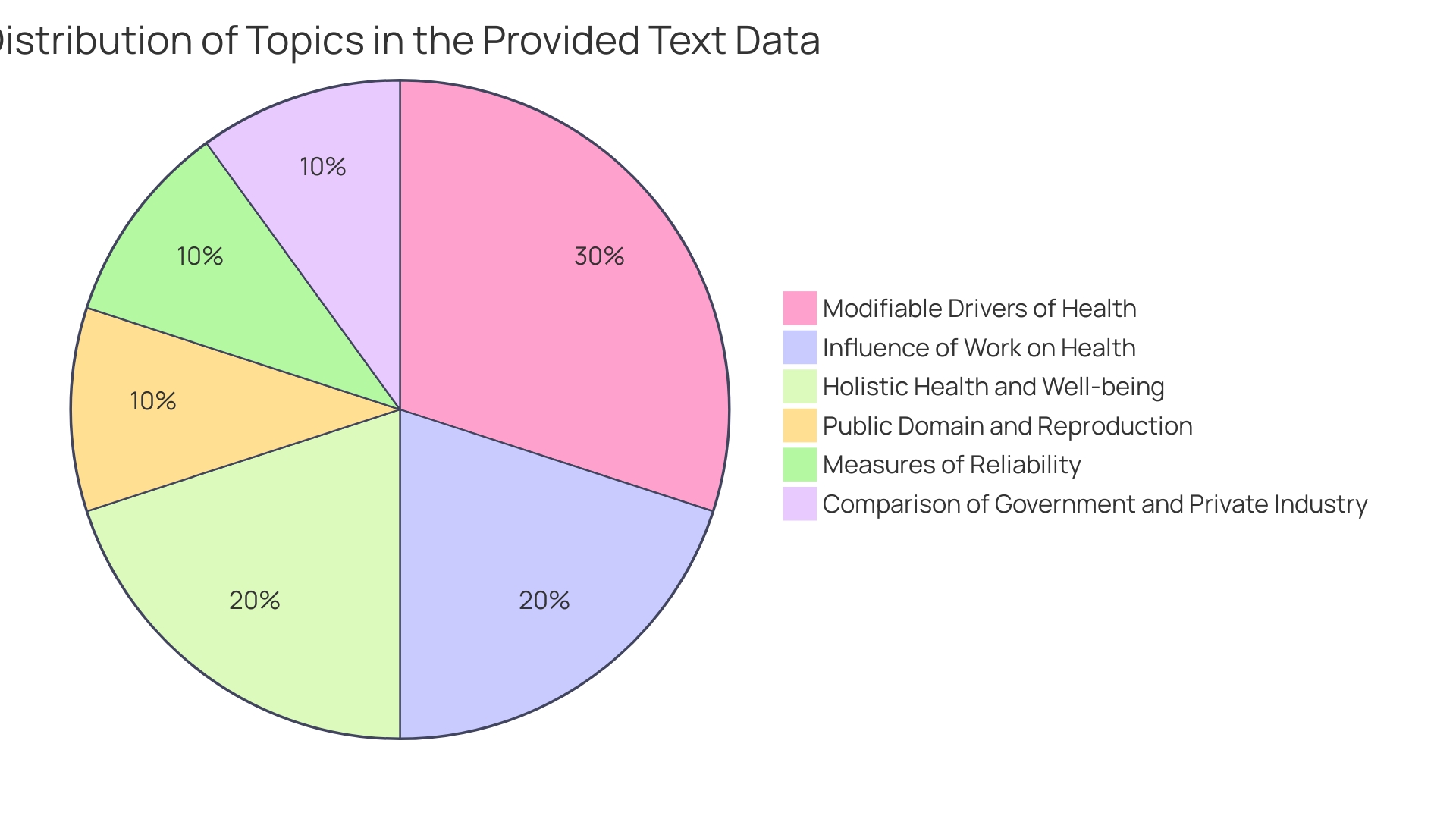
Tickets to Sporting Events
Fostering a culture of wellness within your workforce can be a thrilling journey, especially when it involves the thrill of competition. Offering tickets to live sports events as a reward for wellness challenges can be a game-changer. The vibrant atmosphere of a basketball game or the adrenaline rush of a soccer match not only promotes physical activity but also strengthens team spirit. Such events are a hotbed for inspiration, pushing employees to embrace an active lifestyle while rooting for their favorite athletes.
Live events have emerged as a highly sought-after perk among employees, with a significant gap existing between employee desires and current offerings. Recent research conducted by The Harris Poll reveals a stark contrast: while 72% of Americans desire access to free or discounted live events, only 24% enjoy such benefits from their employers. By bridging this gap, HR leaders can significantly enhance job satisfaction and employee engagement.
Moreover, the concept of incentivizing physical activity has proven its worth, tracing back to a successful initiative from 2010 that involved cardiac patients. Governments and corporations worldwide have adopted similar strategies, reinforcing that these incentives can indeed motivate behavior change, albeit often in the short term.
Case studies, like the "Kickstart to Recovery" program, a collaborative effort between the Football Association of Ireland and Health Service Executive, have demonstrated the profound impact of integrating physical activity and sports into community-based mental health initiatives. This approach has yielded improvements in social integration, reduced isolation, and overall quality of life.
By leveraging the passion for sports as a catalyst for wellness, you're not only offering a chance to enjoy a live event but also fostering a healthier, happier, and more cohesive team. This strategy aligns with the philosophy highlighted by experts and athletes alike: setting goals, building skills, and providing effective coaching are essential for sustaining a culture of health and wellness.
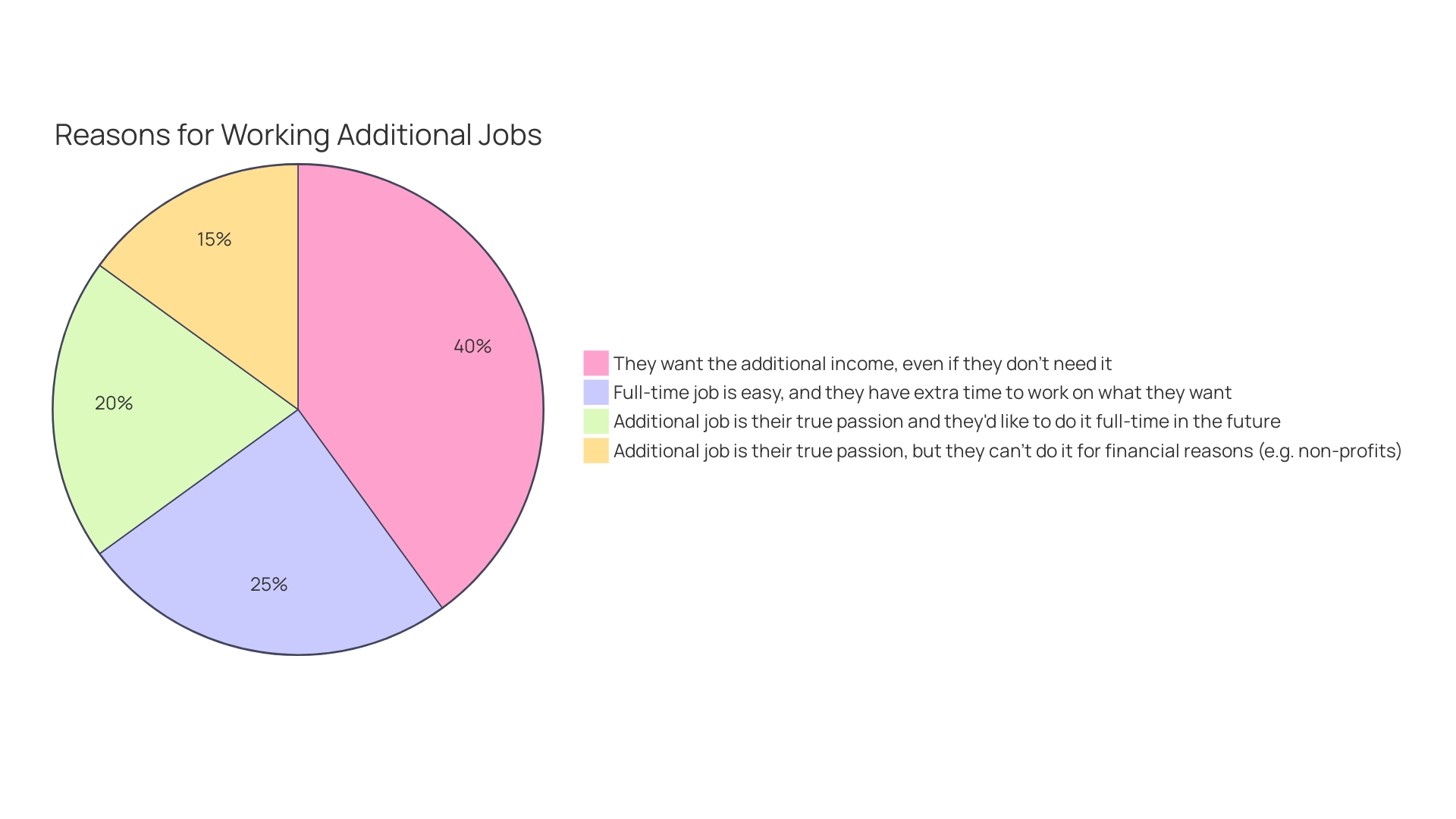
Office Swag and Quality Workout Gear
Elevate your company's wellness initiatives with rewards that resonate with your employees' values and promote well-being. Consider offering prizes like high-quality workout equipment and office essentials that not only serve as a token of appreciation but also support a sustainable and active lifestyle. For example, a Smart Water Dispenser can be an innovative reward, encouraging hydration with a variety of health-boosting infusions and reducing plastic waste, aligning with eco-friendly values.
Moreover, aligning your rewards with current wellness trends can significantly boost employee engagement. Studies have shown that initiatives like the 15-Minute Challenge, which emphasizes short bursts of physical activity, have a positive impact on health outcomes. By incorporating similar mHealth technology into your wellness challenges, you provide employees with the tools to track their progress and stay motivated.
It's essential to choose prizes that not only motivate employees to participate in wellness challenges but also reflect the company's brand and culture. This approach has been endorsed by industry experts, who stress the importance of meaningful branded merchandise over generic items. The right rewards can make employees feel valued and show that the company cares about their well-being, leading to increased job satisfaction and productivity.
Remember, the goal is to foster a healthier, happier, and more productive workforce. By thoughtfully selecting wellness challenge prizes, you're investing in your employees' health and demonstrating your company's commitment to their overall well-being.
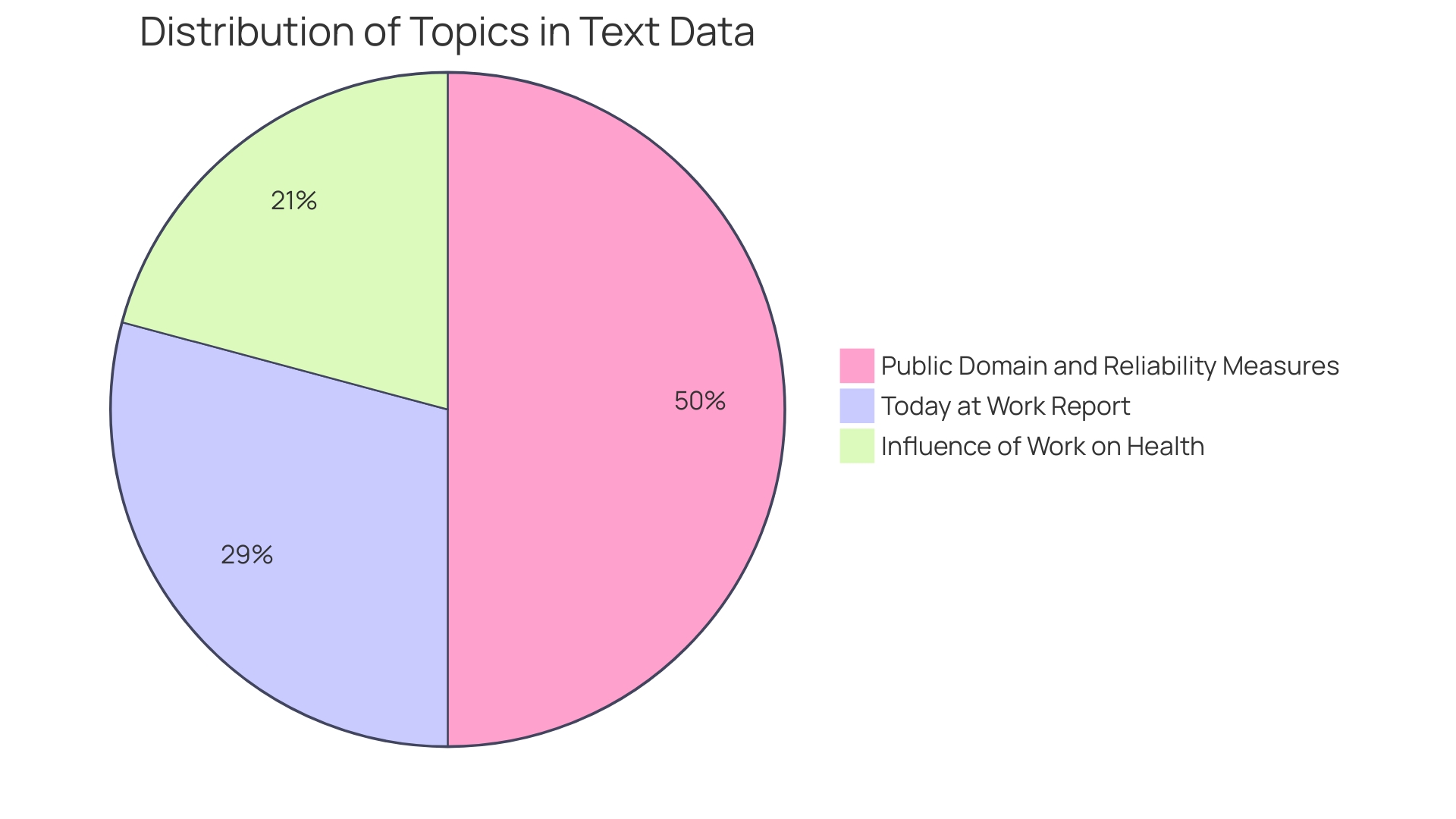
Vouchers for Favorite Coffee Shops
Invigorate your team's workday by introducing the pleasure of a specialty coffee or a refreshing beverage through vouchers to their preferred local cafes. This gesture not only acknowledges their hard work and commitment but also serves as a psychological booster, enhancing their energy levels and overall motivation. As noted by social norms and various psychological motivators, employees thrive on recognition that transcends mere monetary compensation. A thoughtful reward like this can reinforce a sense of appreciation, which is crucial for employee engagement and satisfaction. Moreover, such tokens of gratitude help cultivate a workplace environment where employees feel valued for their unique contributions, not just for their output. Starbucks, for example, has recognized the value of showing appreciation to NHS staff by offering discounts and encouraging the use of reusable cups, blending environmental consciousness with employee perks. By adopting a similar approach, you can contribute to a more motivated, productive, and environmentally friendly workplace culture.
Personalized Gift Baskets
Elevate your team's wellness journey by presenting them with thoughtfully curated gift baskets that resonate with their commitment to health and self-care. Amidst the ever-growing trend of corporate gifting, which has seen a significant shift from a mere 35% of businesses allocating a budget for this purpose in the early 2000s to a robust 87% today, it's clear that such gestures are more than just perks—they are integral to fostering strong relationships and enhancing brand value. In line with this, consider a Delightly Home Office Essentials kit, packed with items like a custom journal and essential oils, to support your remote employees in maintaining a productive and stress-free environment. Alternatively, a universally appealing DoorDash gift card offers the convenience of delivered meals and groceries, underscoring your organization's appreciation for their hard work and well-being. These personalized gifts, grounded in a history of corporate gratitude and evolving to incorporate modern customization, are a testament to your investment in employee satisfaction and the collective corporate culture.
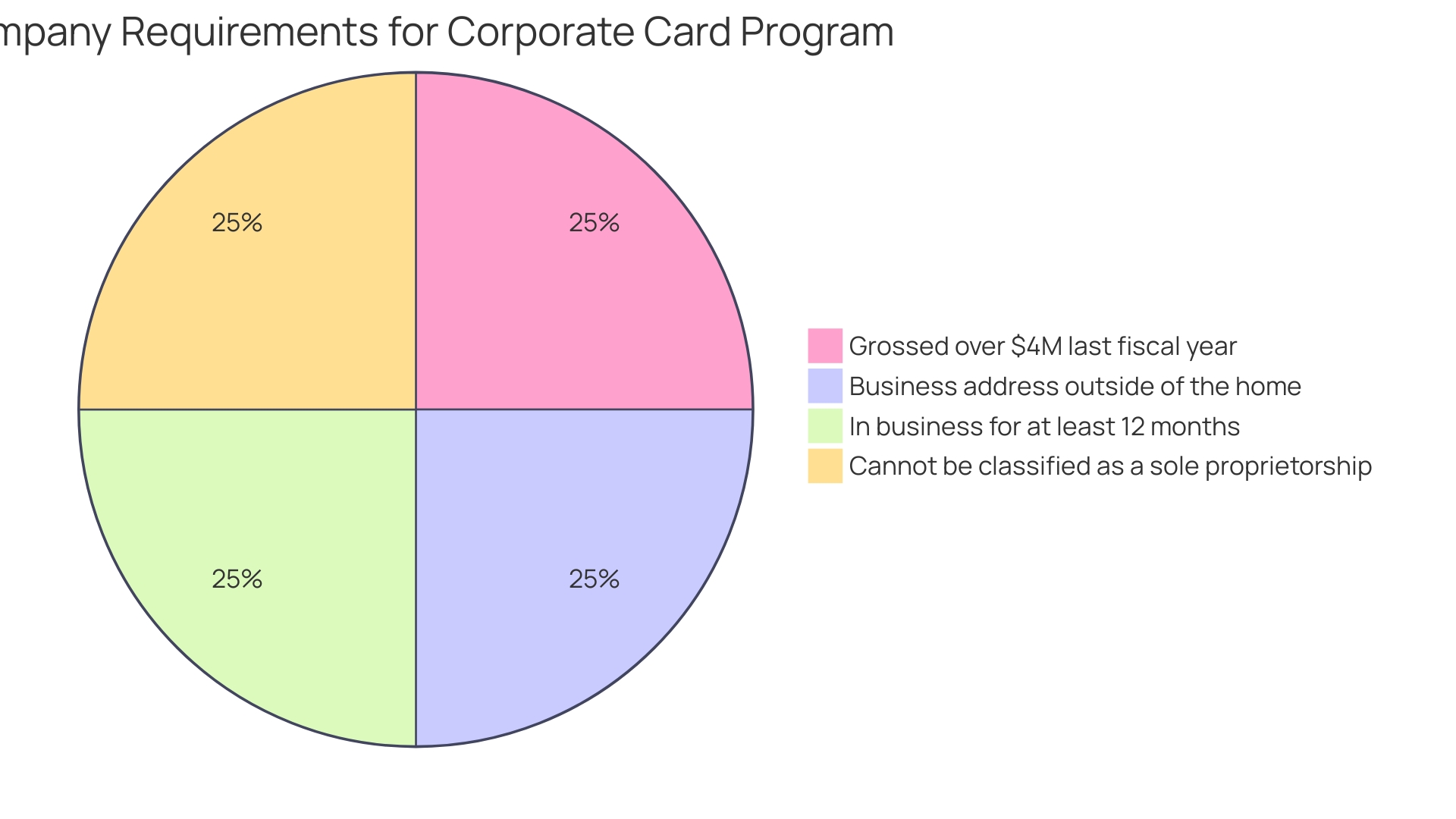
Vacations or Getaways
Elevate your wellness challenge rewards to the next level by considering vacations or getaways as the ultimate prize. Imagine the impact of gifting a serene weekend retreat or an exotic tropical holiday to your hardworking employees. These grand prizes are more than just a break from work; they are an investment in your team's mental and emotional well-being. As per a Deloitte report, companies are recognizing the significance of such investments, with 80% viewing employee well-being as a key business strategy and 61% planning to boost their spending on wellness programs.
The transformative experience of a getaway can lead to rejuvenated staff who return to work more inspired and productive, aligning with the Who's findings that for each dollar spent on well-being initiatives, a company could see a return of $4 to $6. This is not just about relaxation; it's about showing appreciation for employees' hard work and creating a culture that values their holistic wellness. Such gestures can go a long way in fostering a supportive work environment, crucial for both personal growth and organizational success.
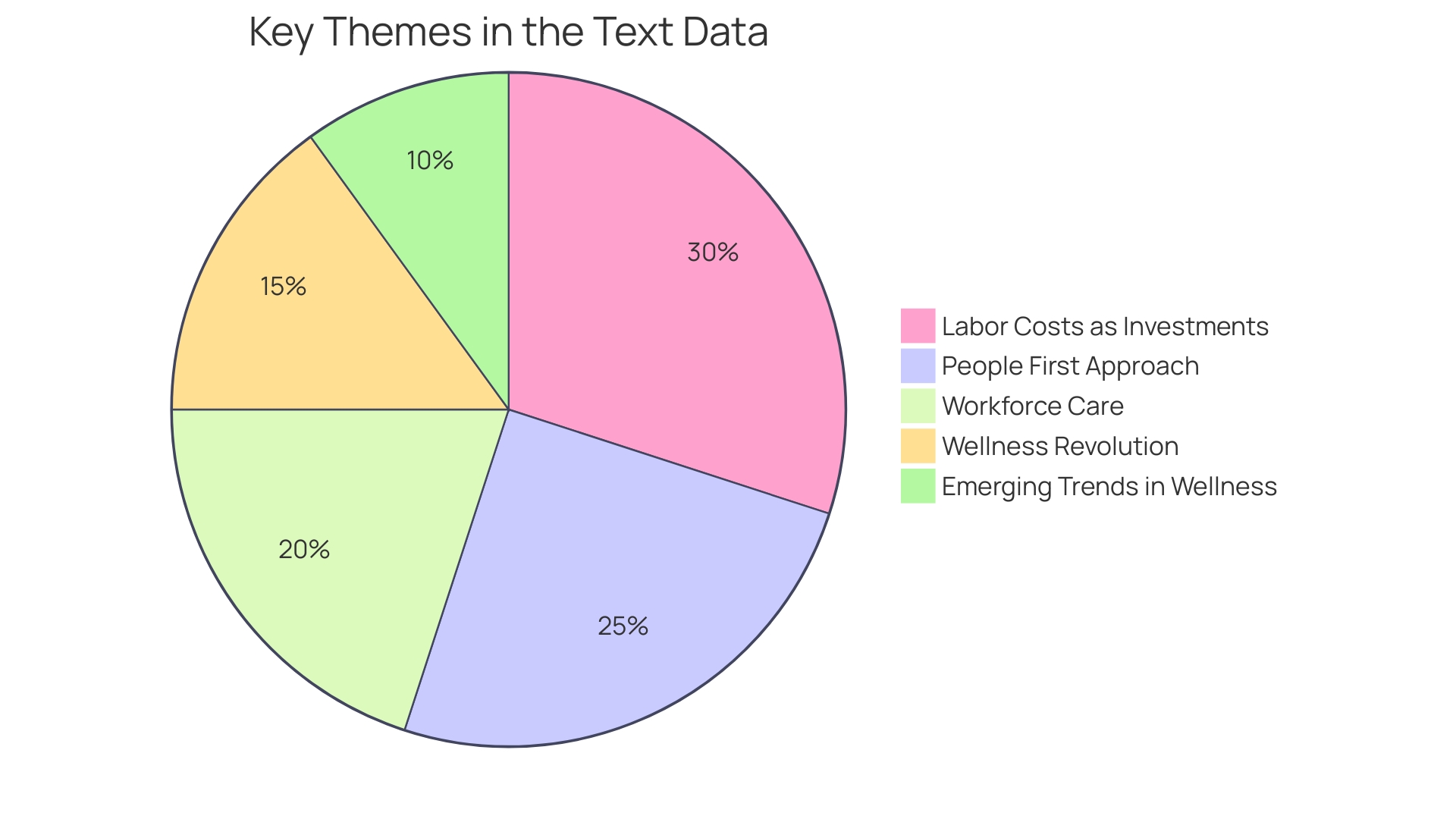
Paid-for Day Out Activities
Enhancing employee engagement through wellness challenges is not just a fad; it's a strategic investment in your team's morale and cohesion. Consider organizing memorable company retreats as part of your wellness challenge rewards, offering a mix of relaxation and adventure, such as hiking or kayaking trips. These outings are more than just fun; they serve as a unique way to foster interpersonal relationships and build trust among team members from diverse backgrounds.
According to research, such initiatives can significantly contribute to a healthier work environment and can potentially increase productivity by up to 40%. Imagine the positive buzz when employees return from a kayaking challenge with not just refreshed bodies but also rejuvenated team spirit. In today's fast-paced work culture, companies like Spotify recognize the importance of applied learning experiences, which can be naturally integrated into such retreats, further enriching employees' professional skills.
Real-world examples underscore the success of these strategies. A paper company in China, for instance, linked employee bonuses to the number of miles run each month, gamifying wellness and tying it directly to rewards. The outcome? A more engaged, healthier, and incentivized workforce.
In crafting these wellness challenges and integrating them with appealing prizes, you are investing in your employees' well-being and, by extension, the well-being of your business. It's a gesture that communicates care and appreciation, leading to a more satisfied and productive team. As one expert puts it, "When employees feel they're being invested in and supported, they're more likely to experience greater job satisfaction and an improved sense of well-being," which ultimately reflects in the success of the company.
Massage or Spa Day Vouchers
Rewarding your team with massage or spa day vouchers can serve as an excellent incentive for wellness challenges. Such prizes offer a delightful escape for employees to unwind, alleviate stress, and dedicate time to their well-being. The versatility of gift cards means they can choose the service that best suits their needs—be it a calming massage, a rejuvenating facial, or any self-care treatment they desire. This gesture not only recognizes their hard work but also reinforces the company's commitment to supporting their holistic health, which is increasingly important in today's fast-paced work environment.
Moreover, offering these wellness incentives aligns with the growing recognition that employee engagement and satisfaction are deeply interconnected with their overall health and happiness. When employees feel valued and cared for, they tend to exhibit greater commitment and drive in their roles, which in turn can positively impact the business's bottom line. Plus, with tax benefits for businesses providing health-related benefits, such vouchers can be a cost-effective way to enhance your company's benefits package while also offering a tax-efficient advantage to employees.
Investing in the health and well-being of your workforce is more than just a nice gesture; it's a strategic move that can lead to a happier, healthier, and more productive team. This approach is supported by research indicating that holistic health interventions, such as those provided by health retreats, can offer considerable relief from stress and other ailments, contributing to an overall improvement in well-being.
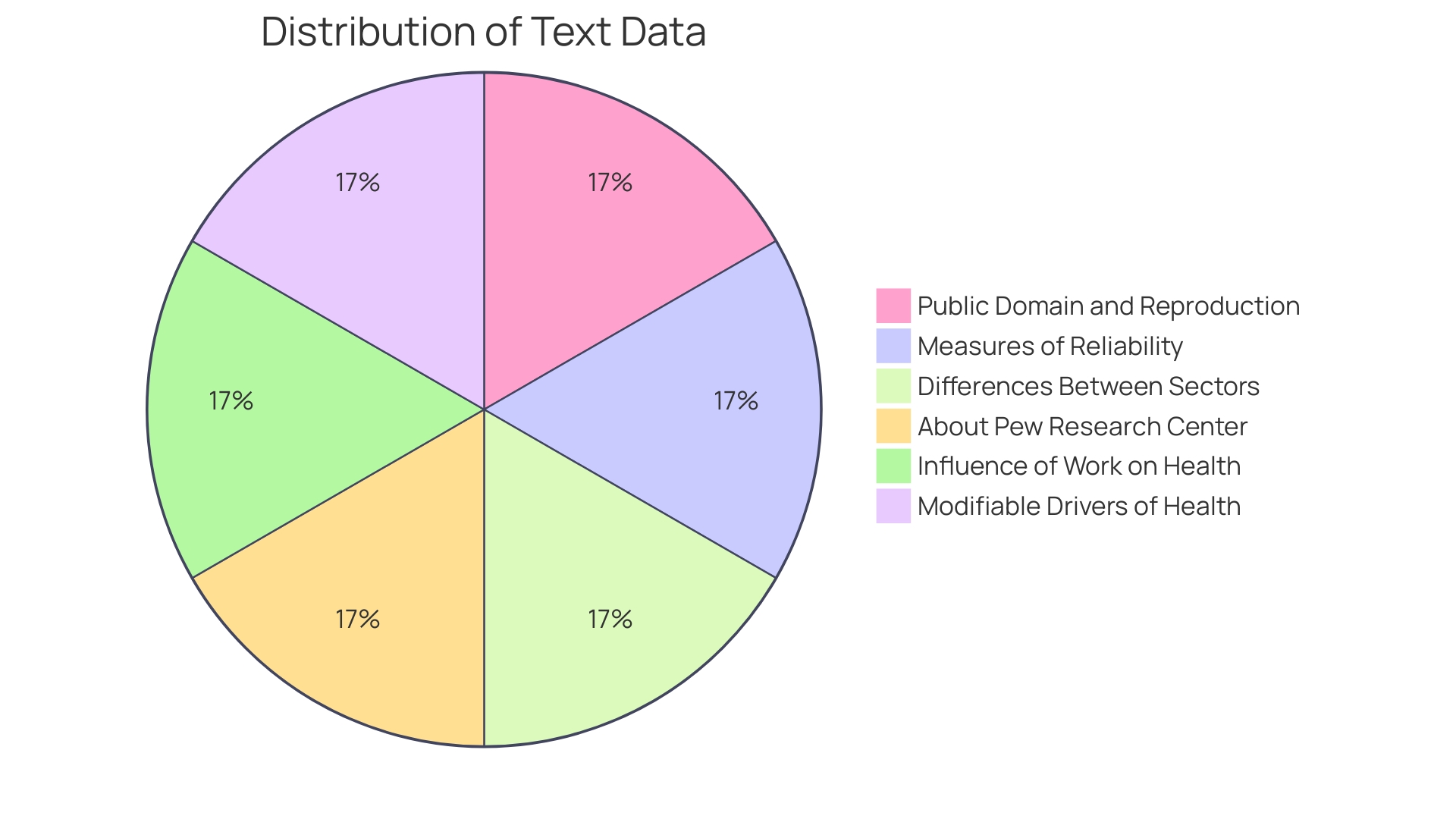
Charitable Donations or Fitness Trackers
Elevate your wellness challenges by incorporating the spirit of philanthropy. Imagine the positive impact when each step taken by your employees not only boosts their health but also the well-being of the community. Encourage participants to select a charity to support, transforming their journey of personal betterment into a collective mission of social good. This approach has been shown to have remarkable benefits; for example, a study by Cisco revealed that employees who engaged in charitable activities were rewarded with longer tenure, higher bonuses, and greater opportunities for recognition and promotion within the company.
In addition to fostering a culture of giving, consider enhancing the wellness experience with technology. Providing fitness trackers as rewards can be a powerful motivator, sparking excitement and driving commitment to healthy lifestyle changes. This dual strategy not only amplifies the sense of accomplishment but also creates a tangible connection between personal growth and corporate social responsibility.
To ensure that the chosen charities resonate with your team and align with your company's values, it's essential to conduct thorough research. Platforms like Charity Navigator and GuideStar offer valuable insights into the effectiveness and operations of various organizations, allowing both you and your employees to make informed decisions. This due diligence is crucial, as a survey by Fidelity Charitable indicated that 67% of donors desire greater confidence in a charity's trustworthiness before contributing.
By intertwining wellness with social impact, you're not just investing in the health of your employees—you're shaping a more engaged, motivated, and compassionate workforce. This holistic approach to wellness challenges promises to yield dividends, not only in the form of a healthier team but also a more harmonious and impactful corporate presence in the world.
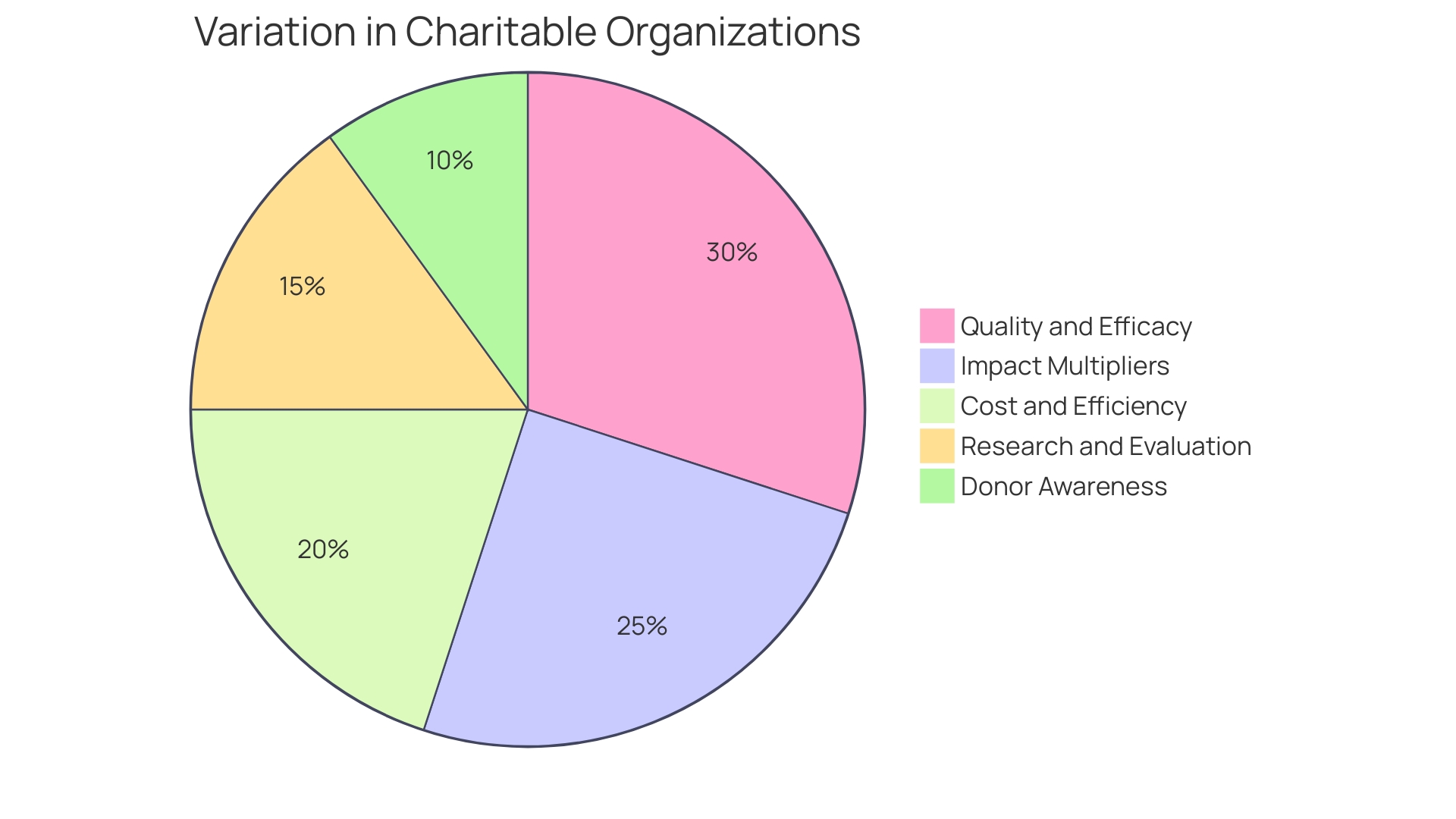
Conclusion
In conclusion, prioritizing employee well-being through diverse wellness challenge rewards is crucial for HR Benefits Managers to create a positive impact on their organization. By investing in their employees' holistic wellness, HR leaders can motivate and engage their workforce, fostering a culture that values work-life harmony.
The article suggests various strategies, including offering gift cards or cash prizes, extra paid vacation days, tickets to sporting events, office swag and quality workout gear, vouchers for favorite coffee shops, personalized gift baskets, vacations or getaways, paid-for day out activities, massage or spa day vouchers, and charitable donations or fitness trackers.
These incentives not only motivate employees but also promote a healthier and more engaged workforce. By understanding individual needs and providing personalized rewards, HR leaders can create a positive work environment that values employees' unique aspirations and goals.
The article also highlights the importance of work-life balance and suggests offering additional paid vacation days as a reward. It emphasizes the benefits of tickets to sporting events in promoting physical activity and team spirit among employees.
Furthermore, the article recommends offering office swag and quality workout gear that support a sustainable and active lifestyle. It emphasizes the significance of acknowledging employees' hard work and boosting their energy levels through vouchers for favorite coffee shops.
Additionally, the article explores the impact of presenting personalized gift baskets that resonate with employees' commitment to health and self-care. It suggests elevating rewards by offering vacations or getaways as the ultimate prize, investing in employees' mental and emotional well-being.
Moreover, the article discusses the benefits of rewarding employees with massage or spa day vouchers to promote well-being and demonstrate the company's support for holistic health. It suggests incorporating the spirit of philanthropy by encouraging employees to select a charity to support and providing fitness trackers as rewards to foster a sense of accomplishment and connection to corporate social responsibility.
In summary, by prioritizing employee well-being through diverse wellness challenge rewards, HR Benefits Managers can create a positive work environment that values work-life harmony. Investing in employees' holistic wellness not only motivates and engages the workforce but also contributes to the overall success of the organization.




